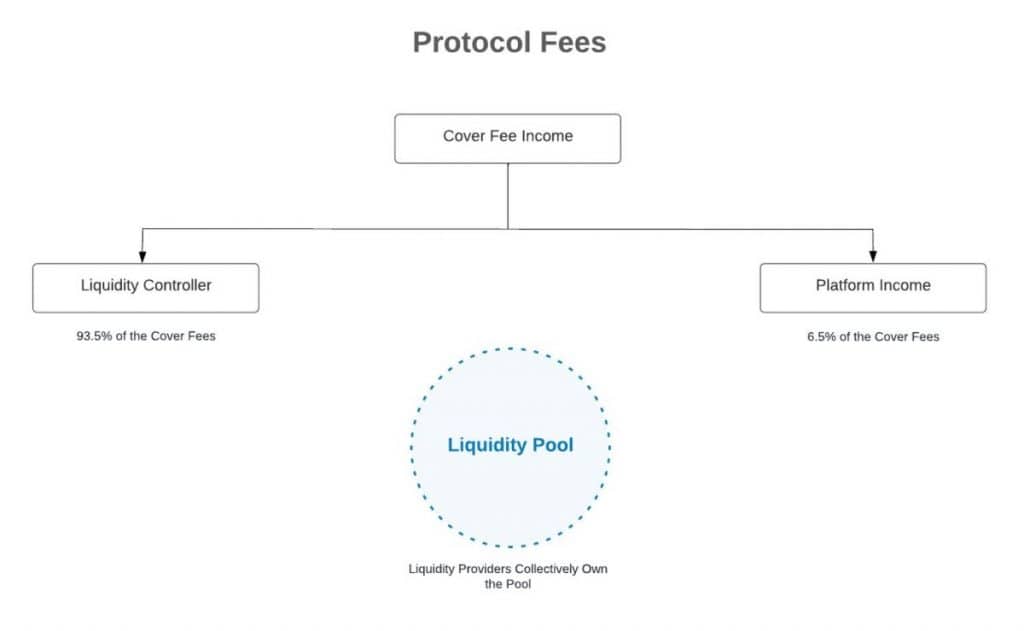Protocol Fees


What is Protocol Fees?
Protocol fees are a kind of cost paid for using a DeFi protocol’s services in the DeFi environment. This charge, which is often just a small share of the transaction value, is meant to pay the platform for enabling the trade and upholding protocol.
Users encourage network validators to handle transactions and assist in preventing spam and other harmful activity on the network by paying fees. Also, users may exchange assets without having to own a specific quantity of native tokens thanks to a predetermined fee percentage, which improves the entire procedure and increases convenience for both parties.
Understanding of Protocol Fees
Protocol fees can be used to finance platform upkeep and growth, provide liquidity providers with rewards, and reduce the possibility of market manipulation. To boost the value of the token for holders, PancakeSwap, for example, uses a part of the protocol fees to burn and purchase back CAKE tokens.

Latest news about Protocol Fees
- Circle has introduced Perimeter Protocol, an open-source protocol designed to streamline credit transactions on the internet. The protocol consists of smart contracts built on open standards, facilitating secure and transparent capital exchanges on public networks. The protocol is the first contribution by Circle Research, which aims to integrate real-world assets and un- or under-collateralized loans into a protocol offered as a public utility. It can accommodate a wide range of credit use cases, from invoice factoring for small and medium-sized enterprises to institutional crypto credit for trading opportunities. The protocol operates without fees and does not require a native token, allowing builders and developers to build on a shared public infrastructure to enhance existing markets.
- Stroom Network, a liquid staking protocol on Bitcoin’s Lightning Network, has secured $3.5 million in seed funding from Greenfield Capital. The protocol provides channel liquidity in BTC to the Lightning Network, allowing stakers to earn fees using yield-bearing DeFi-enabled lnBTC tokens on the Ethereum platform. Stroom’s foundation is based on the Lightning Network’s potential as a next-gen payment rail with real-time settlement, horizontal scalability, low fees, and instant payments.
Disclaimer
In line with the Trust Project guidelines, please note that the information provided on this page is not intended to be and should not be interpreted as legal, tax, investment, financial, or any other form of advice. It is important to only invest what you can afford to lose and to seek independent financial advice if you have any doubts. For further information, we suggest referring to the terms and conditions as well as the help and support pages provided by the issuer or advertiser. MetaversePost is committed to accurate, unbiased reporting, but market conditions are subject to change without notice.
About The Author
Victoria is a writer on a variety of technology topics including Web3.0, AI and cryptocurrencies. Her extensive experience allows her to write insightful articles for the wider audience.
More articles

Victoria is a writer on a variety of technology topics including Web3.0, AI and cryptocurrencies. Her extensive experience allows her to write insightful articles for the wider audience.

















































